CW: Sexual abuse, spiritual abuse, narcissistic abuse
Today I interview Nicki Pappas, author of the memoir As Familiar As Family: Leaving the Toxic Religion I Was Groomed For and a poetry book, Reflections from a Former Evangelical. She is the host of the Broadening the Narrative podcast. In her memoir, she draws connections between the abuse she experienced as a child and how this created in her a vulnerability that was later taken advantage of by a spiritually abusive pastor and church setting. She also reflects on what enabled her to find her way out of this situation. I’m excited to share our conversation with you all today!
Before we dive into today’s interview, I want to clarify a couple of terms that will be helpful for us to wrap our minds around:
Spiritual Abuse: Whenever a person or system in a position of power uses God or any other spiritual construct as a weapon to control, manipulate, or demean, spiritual abuse occurs (Jamie Marich, 2018)
Religious Trauma: The physical, emotional, or psychological response to religious beliefs, practices, or structures that is experienced by an individual as overwhelming or disruptive and has lasting adverse effects on a person’s physical, mental, social, emotional, or spiritual well-being. (Religious Trauma Institute)
Narcissism: Having characteristics including: an inflated sense of self-importance, lack of empathy, exaggerated needs for admiration, and holding a belief that one deserves special treatment
If you prefer to read a [mostly unedited] transcript of today’s conversation, you can find the link here.
Nicki’s background: Growing up Southern Baptist, anxiety about hell and the rapture, and experience childhood sexual abuse from a family member. (4:00)
I couldn't articulate it back then as a child, but before [the sexual abuse] happened, I thought, I'm autonomous. I can make decisions for myself. I have some level of agency.
But when I was sexually abused, my body was violated and boundaries were crossed, and my agency was completely ignored as this person just took from me and I needed to just yield to him.
And so I look back on that as the first time I can pinpoint this misbelief taking root…that I am not autonomous, like those with authority are, particularly the men in my life. And plus, I still had to sit with this man every Sunday at church, right?
Joining a church where she was explicitly taught complementarianism, which paralleled her experiences of abuse in her childhood. (6:00)
I see how the abuse of my childhood and adolescents groomed me to be this perfect candidate for believing that my body was not my own because I already didn't think I could exercise my autonomy.
We were told if a husband is sacrificially loving their wife in this manner as Christ loves his bride, then it isn't hard to submit to that type of love. And I bought it. I was all in on that. And I say that the sexual abuse of my childhood really groomed me for this complementarian teaching because of men like the man I was supposed to call my grandfather [who abused her].
They had been trusted authority figures. I was taught to respect them, submit to them. And so on the surface, people could look at the men and the boys who are doing things to me and think that they are a source of protection, but under the surface, I knew they are a source of harm.
…But I clung to it because it seemed like a way to keep myself safe.
Nicki’s experiences of spiritual abuse at this church, after a meeting with the pastor to express her concerns to him about how women in the church were feeling (17:00)
He reacted very defensively. He made accusations against me of trying to label him a sexist, which I was not doing. That wasn't even on my radar at that time. I was hoping we could talk, we could figure out a way forward that's gonna allow the women in the church to feel valued.
And it hit me that our church wasn't rooted in mutuality, but rather in this hierarchy that defaulted to his preferences, and his preferences took precedence. So, this pastor is preaching that we're supposed to count others more significant, and we're supposed to look to the interests of others. It looked as if he was somehow absolved from that. And further, he made every decision that was of any consequence at the church.
Other harmful dynamics at the church (24:00):
Stephen [her husband] and I were punished in a lot of ways for making the decision that prioritized our family and the health of our family. [Questioning why they should submit to] church leaders who, whether intentionally or not, pushed members to the brink of exhaustion and still feared about losing community if you step outta line.
What Nicki would like to tell all survivors of spiritual abuse (36:00):
If you've been spiritually abused by a pastor or church, I want to remind you that you didn't do anything wrong and you didn't deserve that abuse. My invitation to you is to surround yourself with people who are committed to your flourishing, and to get the help you need to remove yourself from that situation.
And I also invite you to tell your story. There is this power in vocalizing what you experienced with people who have earned your trust and who you can be authentic with about your experience. Because I'll say, when I went to therapy and I told my therapist what happened, she's this outside person, but having her say, ‘oh wow:’ it was so validating.
Thank you, Nicki, for joining me for this interview! You can find Nicki on Instagram, Twitter, and on her website.
If you enjoyed this interview, would you press the “heart” button? And better yet, if it sparked some thoughts in you or you want to share about your own experiences of spiritual abuse, please leave a comment! I love to interact with readers. Find me on Instagram and we can engage on there too!






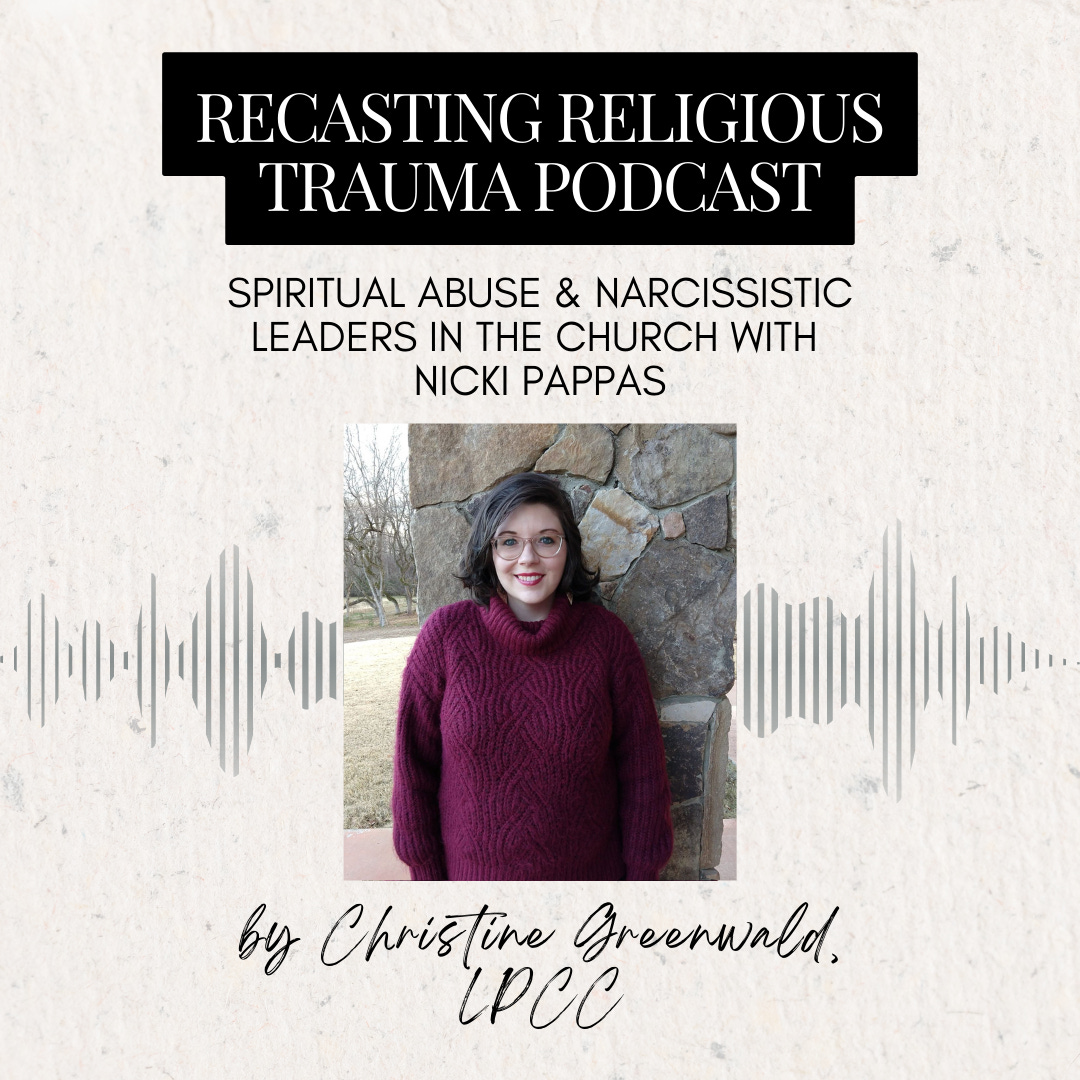


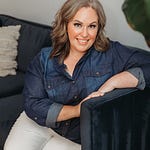
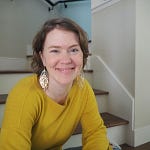

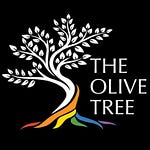

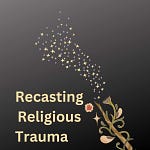
Share this post